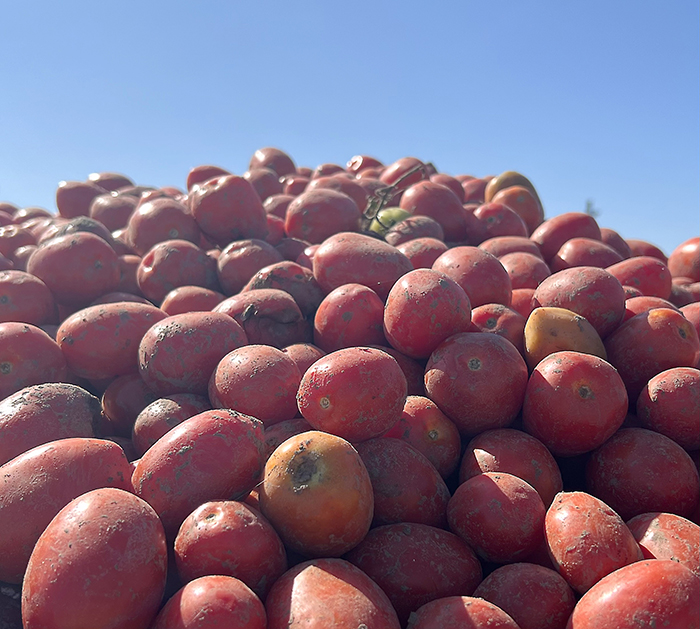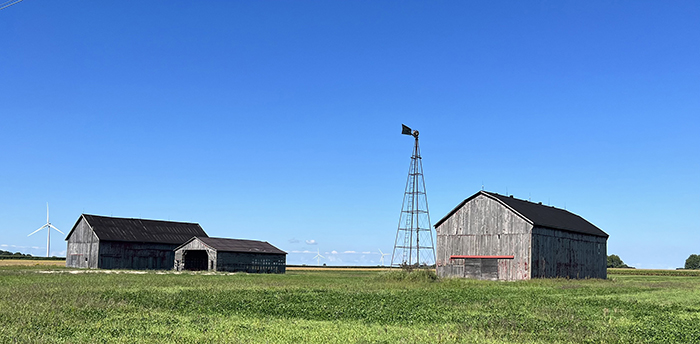
By Kim Cooper
Special to The Voice
Agriculture is the art and science of cultivating the soil, growing crops, and raising livestock and provides most of the world’s food.
The word “agriculture“ is derived from two Latin words, “agricultūra,“ meaning field, and “cultūra, meaning cultivation or growing.
When my grandparents, Gordon and Betty Coutts, started farming in Tilbury East 100 years ago, they used horses for everything. Planting, hoeing and harvesting, for the most part, was done by hand.
Farmers then began to use tractors instead of horses. Then began the introduction of fertilizers and crop protection products (herbicides, insecticides, fungicides). This resulted in significant improvements in crop quality and yields.
Today, tractors can operate by themselves with the use of modern technology. We have machines that can recognize weeds in a field and zap them with a laser. There are precision agriculture innovations allowing farmers to use drones, GPS guidance, sensors, satellite imagery, soil sampling, and precision machinery, including variable rate application equipment. The goal is to improve crop production, reduce labour time, as well as ensure the effective management of fertilizers and crop protection products.
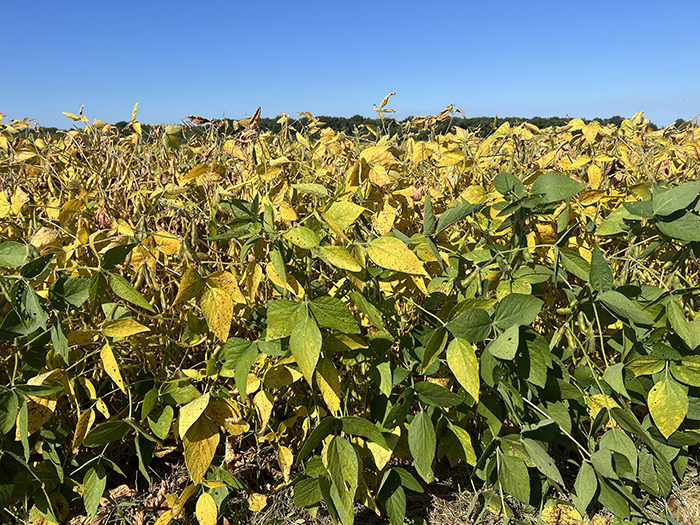 Many advances today, and in the future, enable our farmers to make informed decisions about their crops based on the unique nature of each field, so they can do the right thing, in the right place, at the right time.
Many advances today, and in the future, enable our farmers to make informed decisions about their crops based on the unique nature of each field, so they can do the right thing, in the right place, at the right time.
For our livestock farmers, this new technology helps them to optimize animal health, care and production.
What are issues farmers face now and will face in the future? One main issue is the loss of cropland in Ontario. We are losing 319 acres of farmland every day. This loss occurs when farmland is transitioned to non-agricultural uses, many of which permanently prevent the land from ever being used again for farming. Urbanization is one of the main reasons.
Another issue is lack of agriculture representation at government levels. Presently, farmers account for only two per cent of the population in Canada, and only 1.4 per cent in Ontario.
This means the voice of agriculture is being drowned out in federal and provincial governments. Even in our community, farm representation around the council chamber is just not there.
The farm voice is disappearing in our society, even though, in Chatham-Kent, agriculture is our leading economic driver.
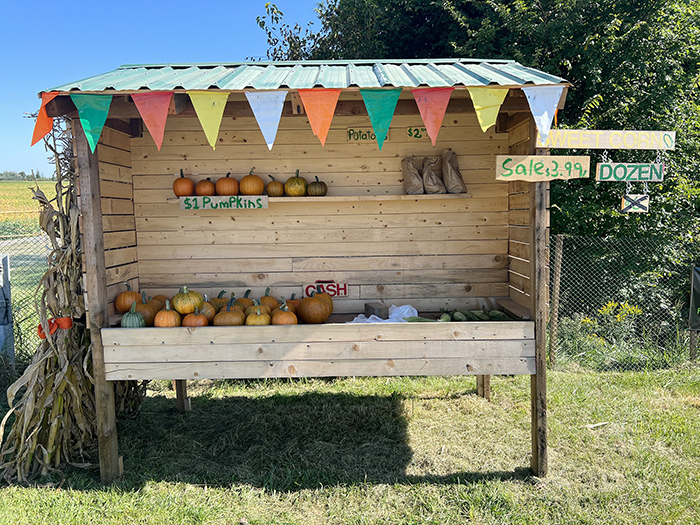 Many rulings, tariffs, bylaws and policies coming out of various levels of government are based more on public sentiment, rather than science-based decisions. This is both dangerous and short-sighted, and there definitely needs to be more consulting with our agriculturalists, now and in the future, to ensure we have an agriculture sector that will always exist and thrive.
Many rulings, tariffs, bylaws and policies coming out of various levels of government are based more on public sentiment, rather than science-based decisions. This is both dangerous and short-sighted, and there definitely needs to be more consulting with our agriculturalists, now and in the future, to ensure we have an agriculture sector that will always exist and thrive.
Farmers are also faced with rising costs, including seed, labour, chemical control, fertilizer, energy and fuel. Many people believe farmers can just pass on these rising costs to customers, but that is not the case. Yes, our food costs are far more expensive, but these higher prices we pay mainly go to the marketing and large corporate and franchise supermarkets. Farmers are always at the bottom end of the price chain.
One issue which all sectors in our society are facing, including agriculture, is the aging population. The decrease in the number of younger and middle-aged operators has led to an aging farm operator population. The average age of Ontario’s farmers is 57 years old.
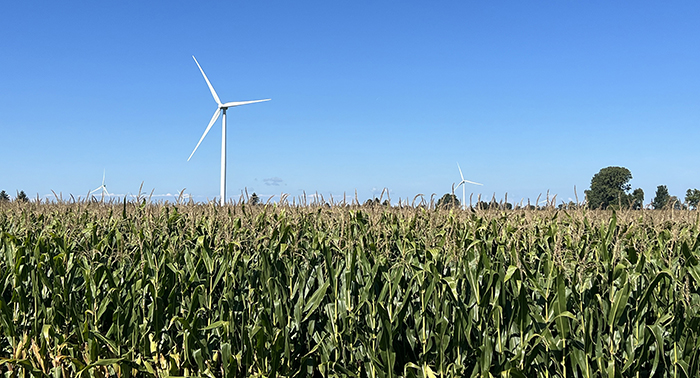 While many things have changed and continue to change in our agriculture sector, some things remain the same.
While many things have changed and continue to change in our agriculture sector, some things remain the same.
Farmers are the biggest risk takers in our society. When they plant their crops, they depend on two main factors that are out of their control – weather and prices.
Farmers encounter too much rain, or not enough rain. They need proper temperatures during the growing season – not too hot but hot enough. They continually face the risk of hail, frost and many other weather-related risks.
For most of us, weather is great when it is favourable, and an inconvenience when it is not. For our farmers, the weather in any year means making or losing money.
Farmers depend on fair prices for their crops, but unfortunately, those prices are subject to factors beyond their control, such as world conflicts, currency fluctuations, crop conditions in other parts of the world, and speculators who can force prices up or down.
One thing never changes, which is the fact our farmers love for the land and for what they do. Farming is not a job for them. It is their passion. It is who they are, what they are, and the kind of life they would not trade for anything else.
